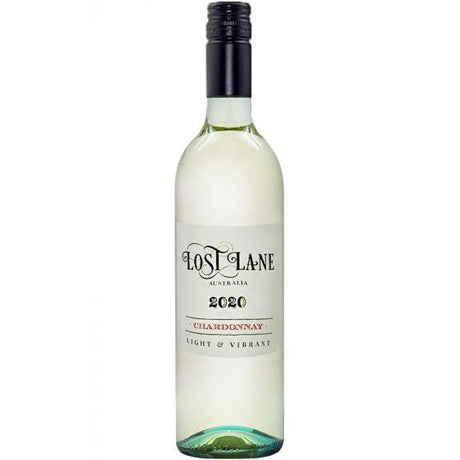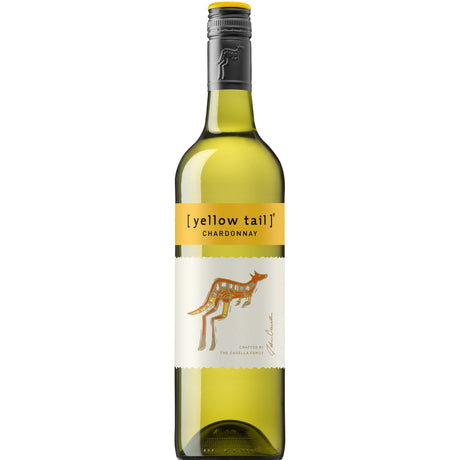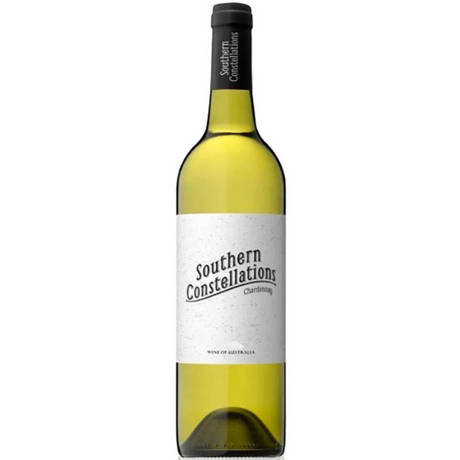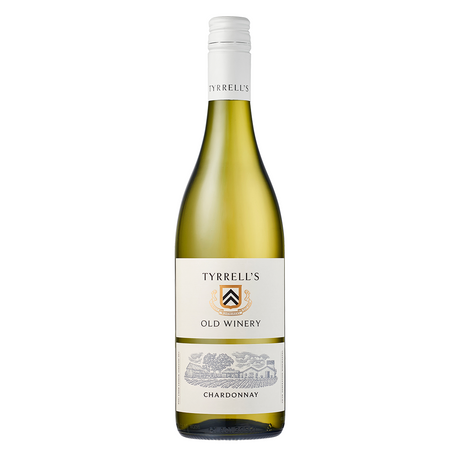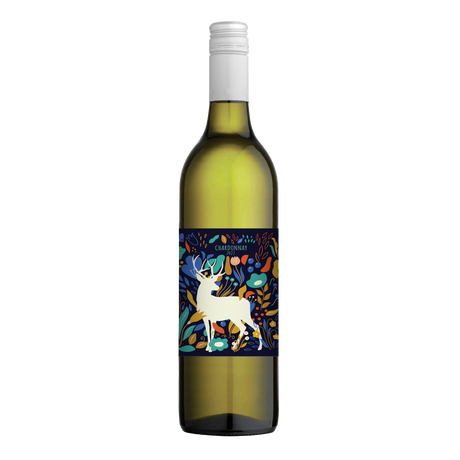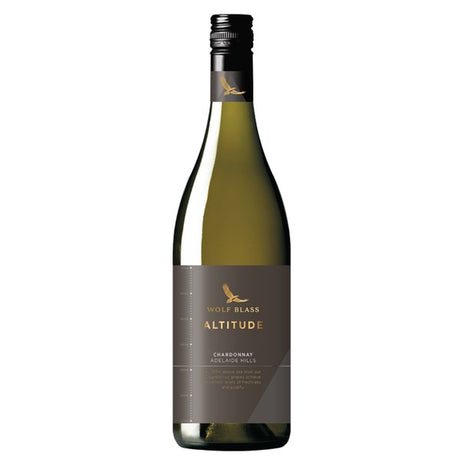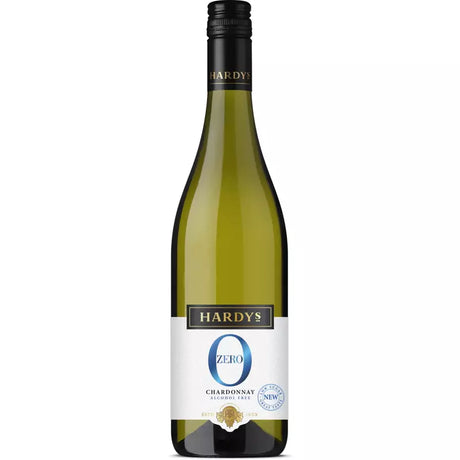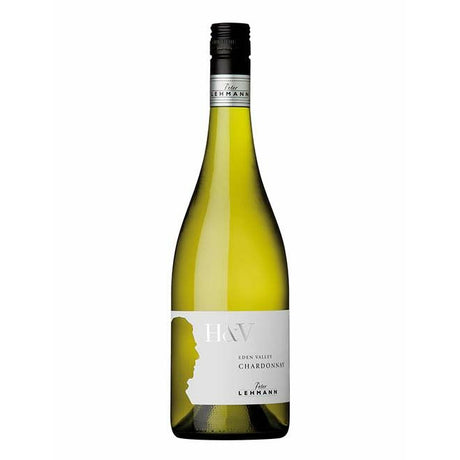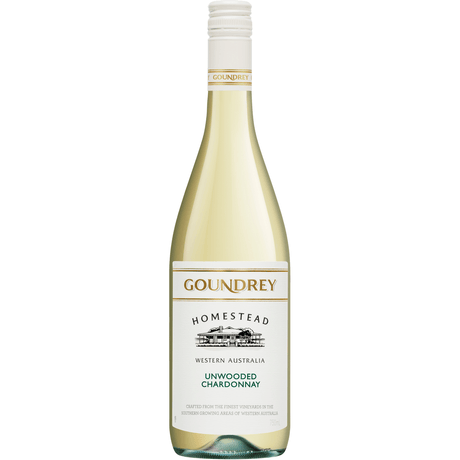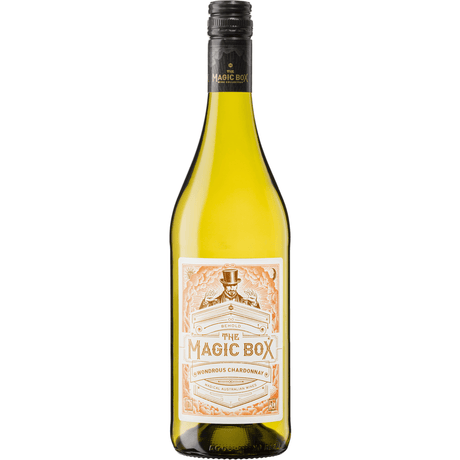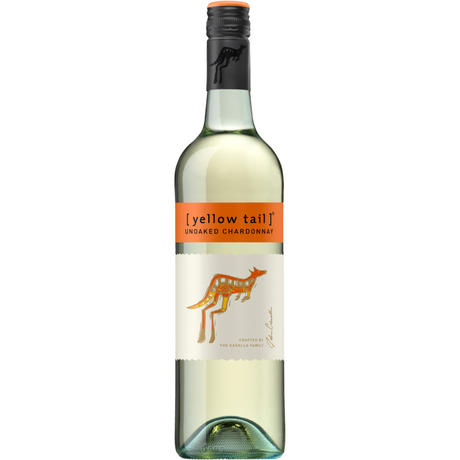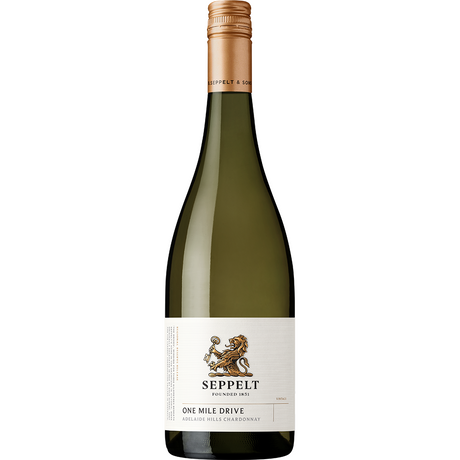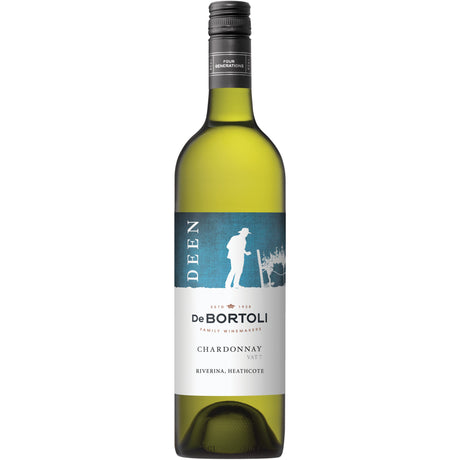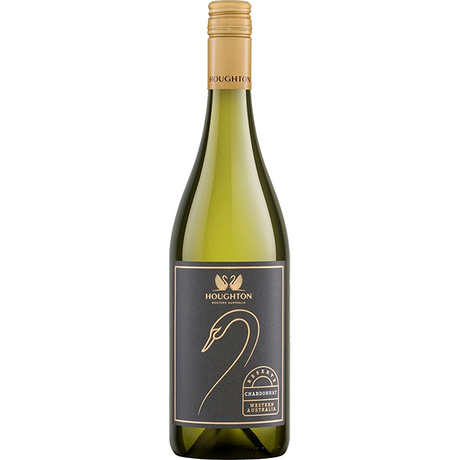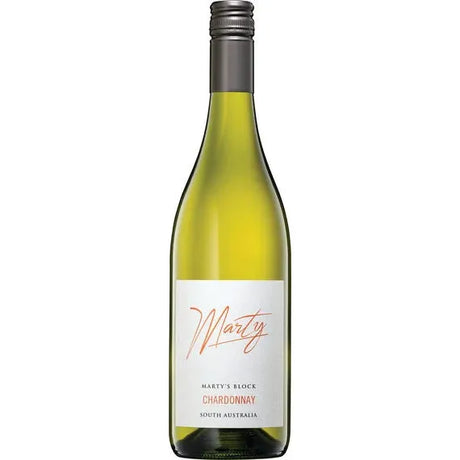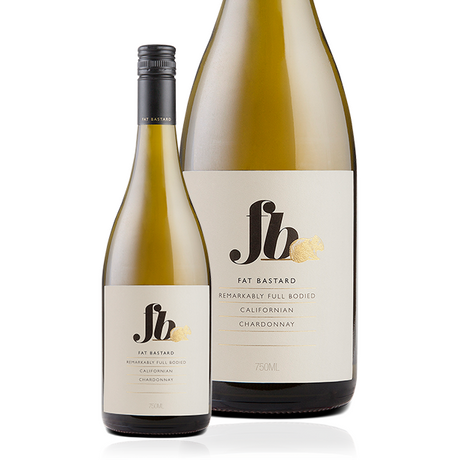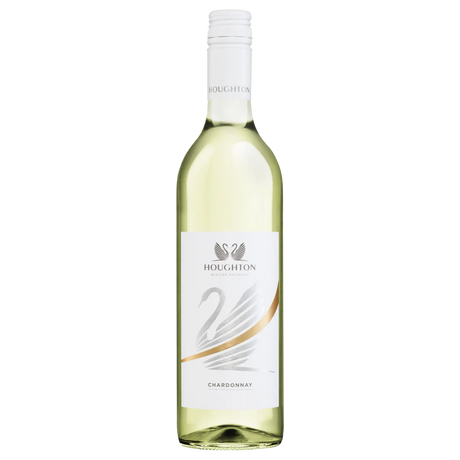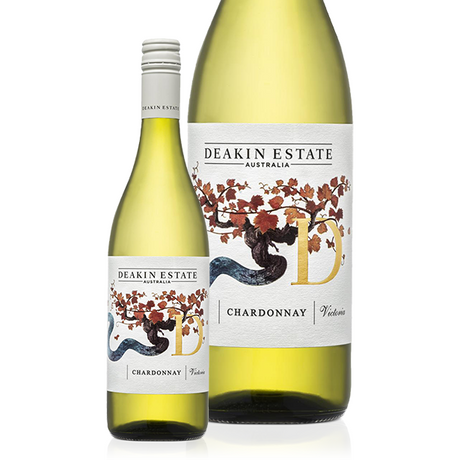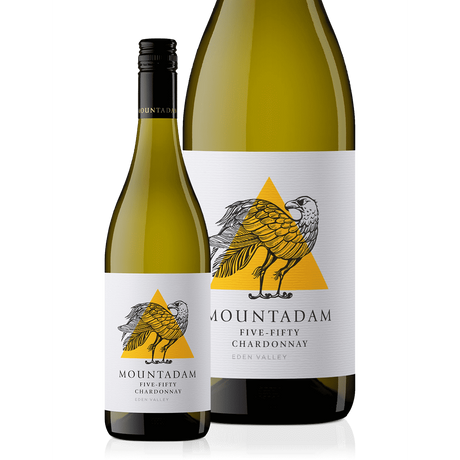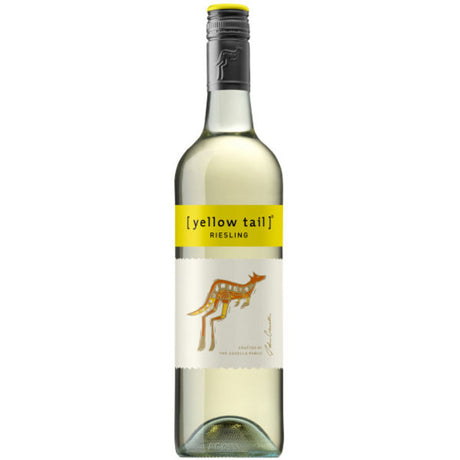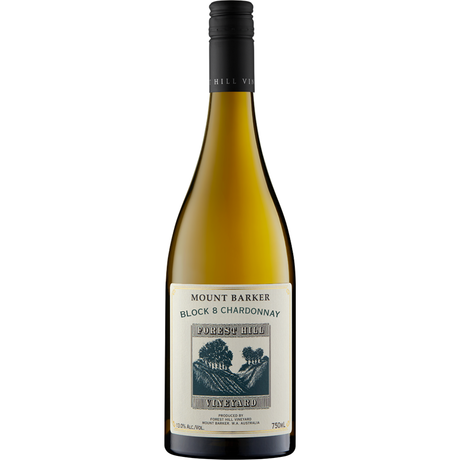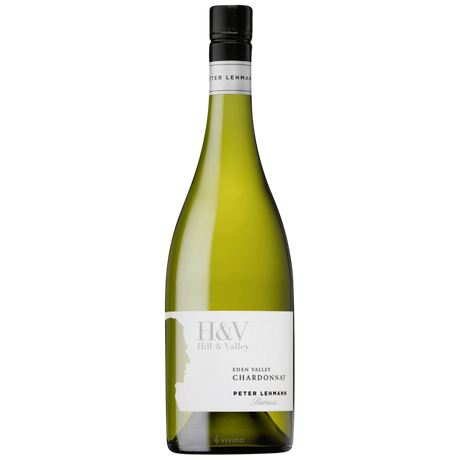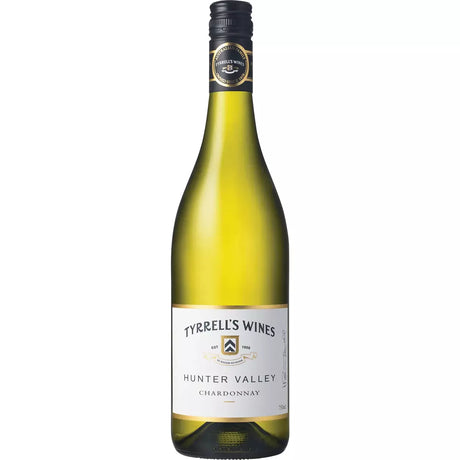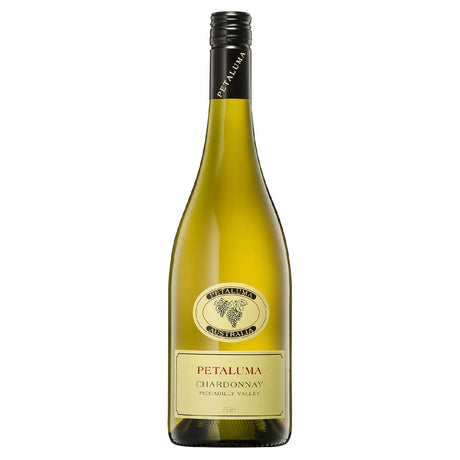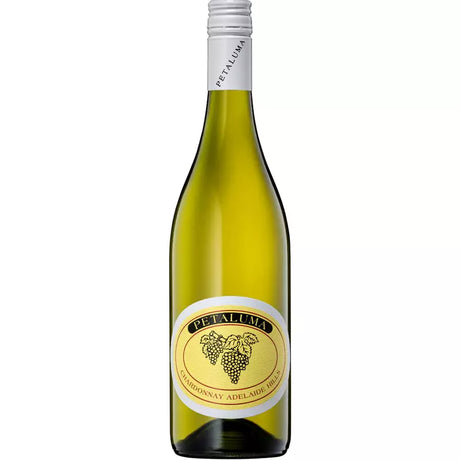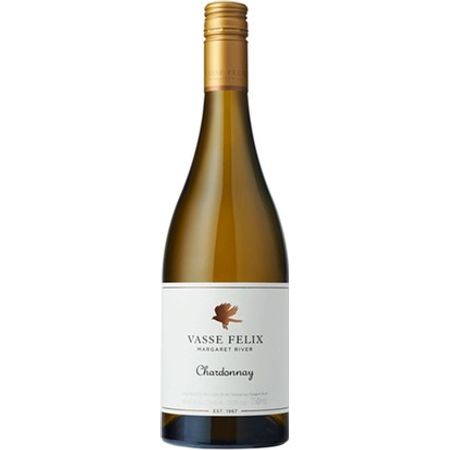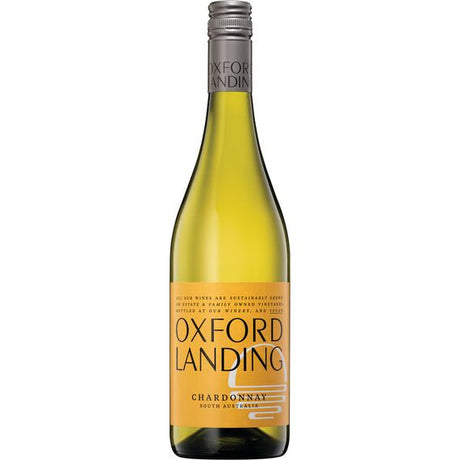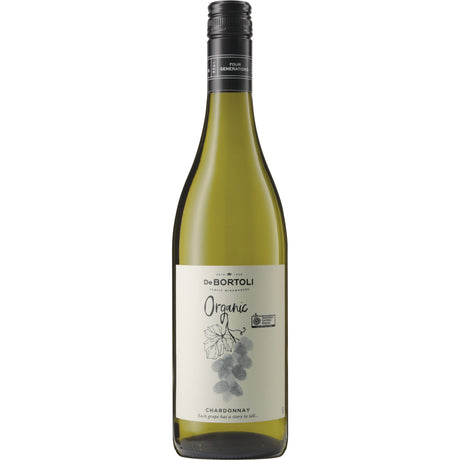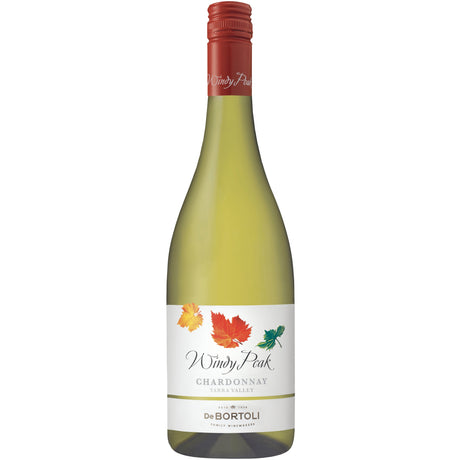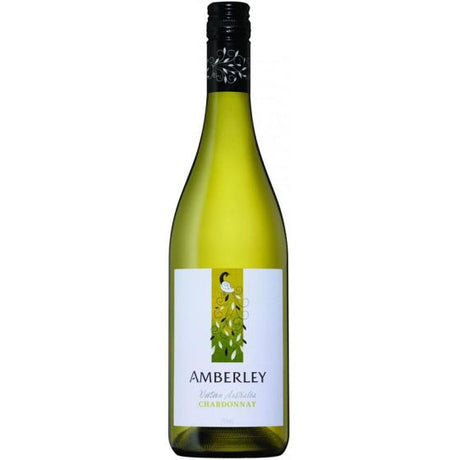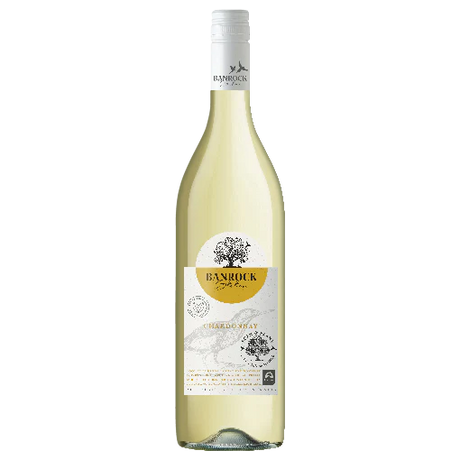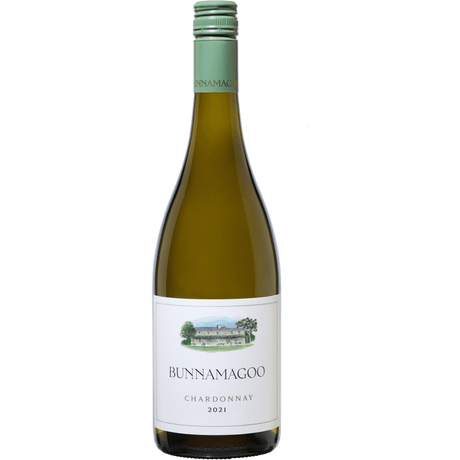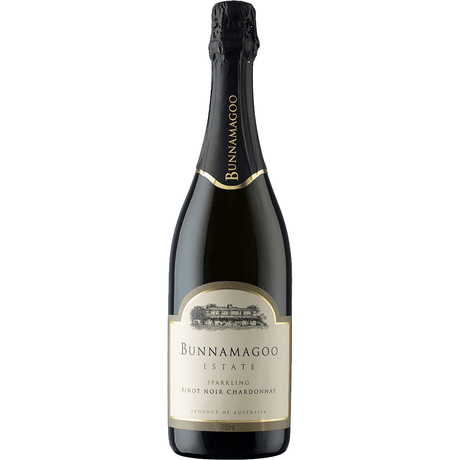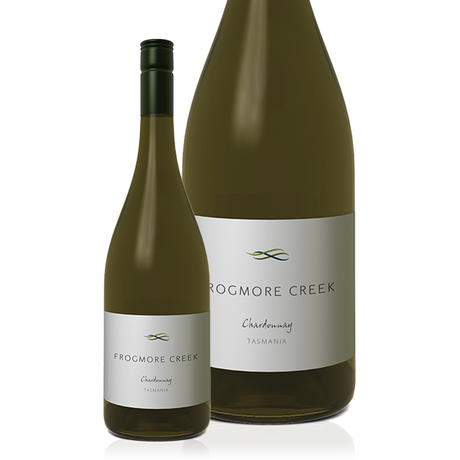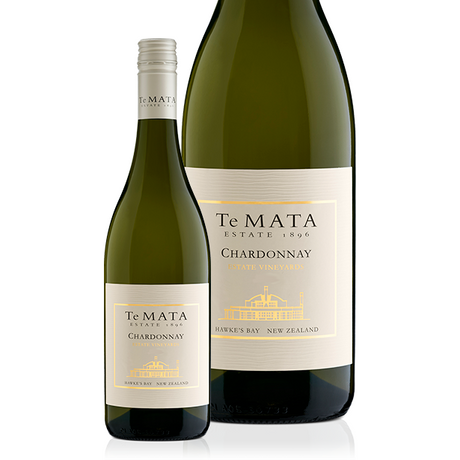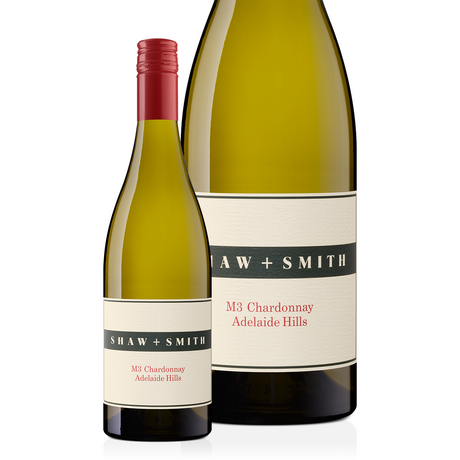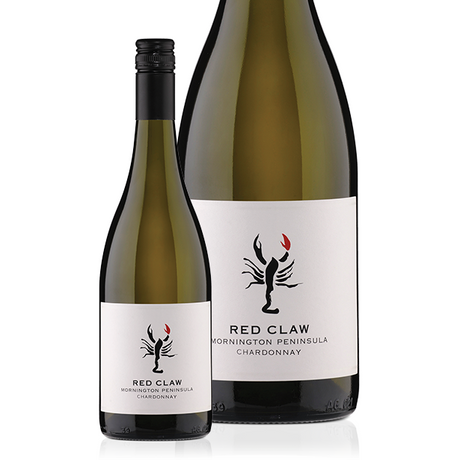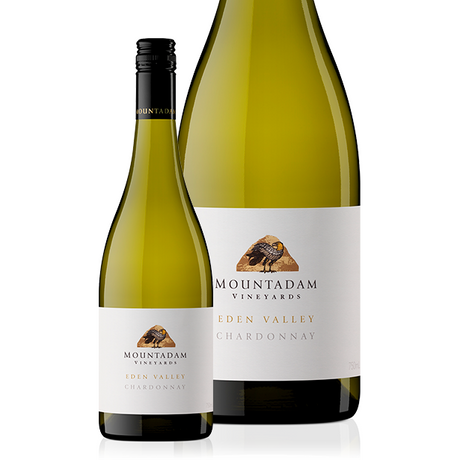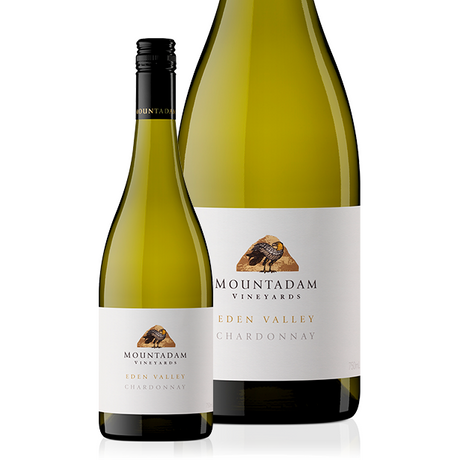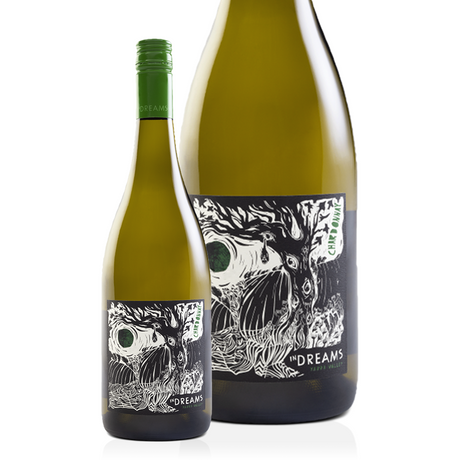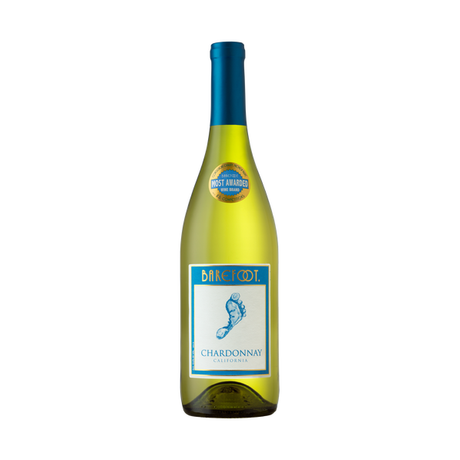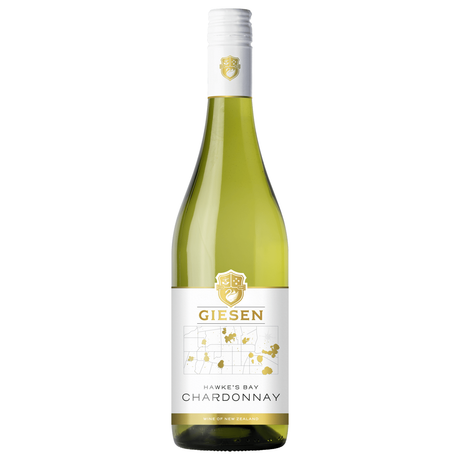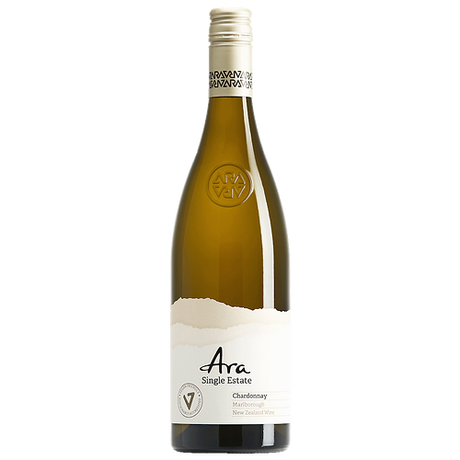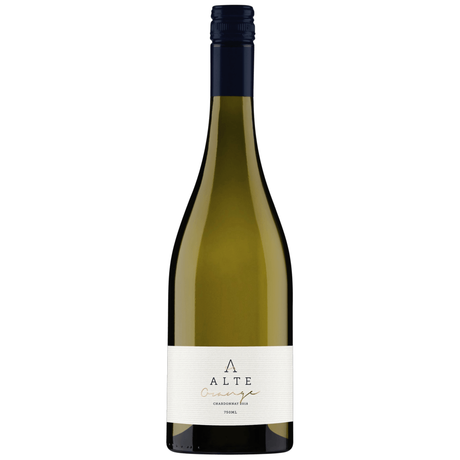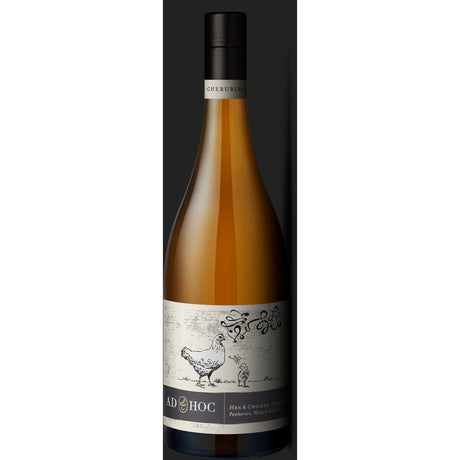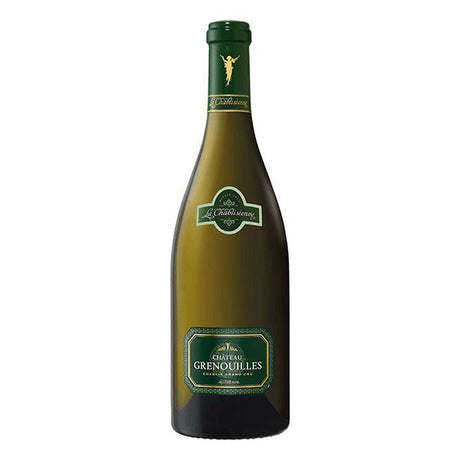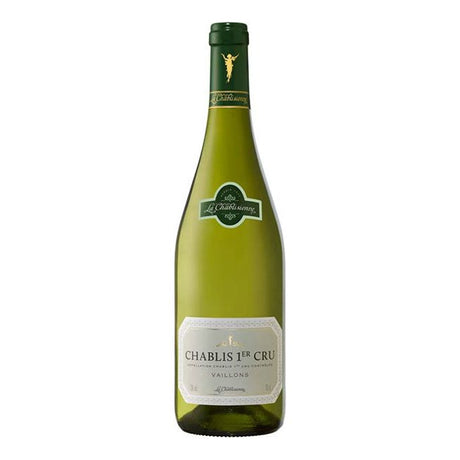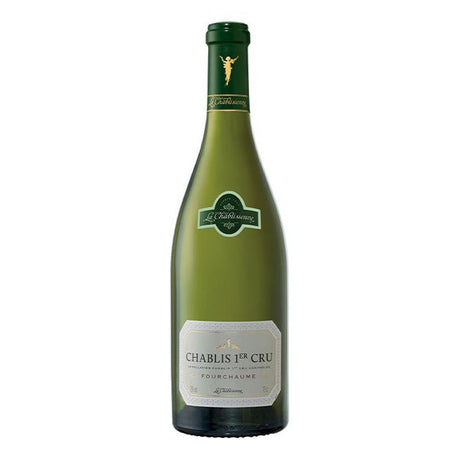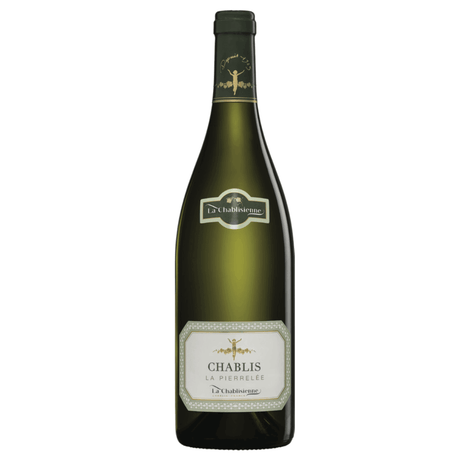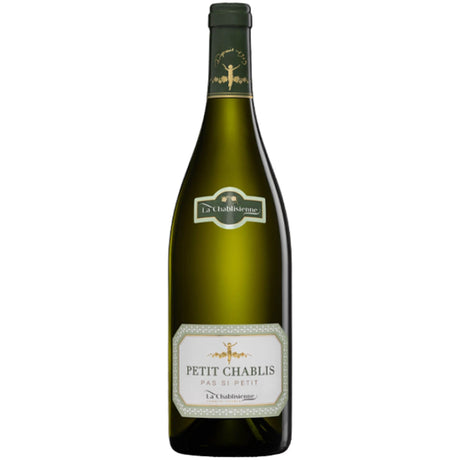Yellow Tail
Yellow Tail Chardonnay NV (12 bottles)
$109.00$143.88Unit price /UnavailableVery low stock (1 unit)Southern Constellations
Southern Constellations Chardonnay NV (12 Bottles)
$89.00$240.00Unit price /UnavailableIn stockTyrrell's Wines
Tyrrells Old Winery Chardonnay 2023 (12 Bottles)
$119.88$240.00Unit price /UnavailableLow stock (19 units)Hardys Zero Alc
Hardys Zero Alc Chardonnay 2023 (12 bottles)
$120.00$156.00Unit price /UnavailableIn stockPeter Lehmann
Peter Lehmann H & V Eden Valley Chardonnay 2021 (6 bottles)
$99.00$150.00Unit price /UnavailableVery low stock (6 units)Goundrey Homestead
Goundrey Homestead Unwooded Chardonnay 2023 (12 bottles)
$168.00$203.88Unit price /UnavailableIn stockMagic Box
Magic Box Wonderous Chardonnay 2020 (6 bottles)
$89.00$264.00Unit price /UnavailableIn stockSeppelt
Seppelt One Mile Drive Adelaide Hills Chardonnay 2018 (6 bottles)
$99.00$150.00Unit price /UnavailableDe Bortoli
De Bortoli Deen Vat 7 Chardonnay 2022 (12 Bottles)
$119.88$167.88Unit price /UnavailableIn stockHoughton Reserve
Houghton Reserve Chardonnay 2023 (12 bottles)
$156.00$191.88Unit price /UnavailableIn stockHoughton Stripe
Houghton Chardonnay 2022 (12 bottles)
$132.00$167.88Unit price /UnavailableIn stockDeakin Estate
Deakin Estate Chardonnay 2022 (12 bottles)
$141.88$155.88Unit price /UnavailableIn stockMountadam
Mountadam Five-Fifty Chardonnay 2022 (6 bottles)
$119.94$137.94Unit price /UnavailableIn stockYellow Tail
Yellow Tail Riesling NV (12 bottles)
$109.00$143.88Unit price /UnavailableVery low stock (6 units)Forest Hill
Forest Hill Block 8 Chardonnay 2022 (12 bottles)
$542.00Unit price /UnavailableIn stockPeter Lehmann
Peter Lehmann Hill & Valley Chardonnay 2021 (6 bottles)
$99.00$150.00Unit price /UnavailableVery low stock (1 unit)Tyrrell's
Tyrrell's Hunter Valley Chardonnay 2021 (12 bottles)
$189.00Unit price /UnavailableVery low stock (3 units)Petaluma Yellow Label
Petaluma Chardonnay 2022 (12 bottles)
$329.94$347.94Unit price /UnavailableIn stockPetaluma White Label
Petaluma White Label Chardonnay 2023 (12 bottles)
$299.88Unit price /UnavailableIn stockVasse Felix
Vasse Felix Premier Chardonnay 2021 (12 bottles)
$504.00Unit price /UnavailableIn stockOxford Landing
Oxford Landing Chardonnay 2023 (12 bottles)
$148.00Unit price /UnavailableIn stockDe Bortoli
De Bortoli Organic Chardonnay 2021 (12 Bottles)
$217.64$300.00Unit price /UnavailableIn stockDe Bortoli
De Bortoli Windy Peak Chardonnay 2021 (12 Bottles)
$141.71$179.88Unit price /UnavailableIn stockAmberley Core
Amberley Chardonnay 2022 (12 bottles)
$168.00$203.88Unit price /UnavailableIn stockBanrock Station 1L
Banrock Chardonnay 2022 1L (12 bottles)
$132.00$143.88Unit price /UnavailableIn stockBunnamagoo
Bunnamagoo Estate Chardonnay 2022 (12 bottles)
$300.00$336.00Unit price /UnavailableVery low stock (8 units)Bunnamagoo
Bunnamagoo Estate Pinot Noir Chardonnay 2016 (12 bottles)
$323.88$336.00Unit price /UnavailableVery low stock (8 units)Frogmore Creek
Frogmore Creek Chardonnay 2022 (6 bottles)
$199.94$215.94Unit price /UnavailableIn stockTe Mata
Te Mata Estate Chardonnay Vineyards 2021 (6 bottles)
$199.94Unit price /UnavailableIn stockShaw + Smith
Shaw & Smith M3 Chardonnay 2023 (6 bottles)
$333.94$359.94Unit price /UnavailableIn stockMountadam
Mountadam Eden Valley Chardonnay 2022 (6 bottles)
$175.94Unit price /UnavailableIn stockMountadam
Mountadam High Eden Chardonnay 2022 (6 bottles)
$243.94$257.94Unit price /UnavailableIn stockBarefoot
Barefoot Chardonnay, South East Australia 2023 (12 bottles)
$125.49$168.00Unit price /UnavailableIn stockGiesen
Giesen Estate Chardonnay, Hawkes Bay 2022 (12 bottles)
$263.37$348.00Unit price /UnavailableIn stockAra
ARA Single Estate Chardonnay, Marlborough 2021 (12 bottles)
$254.48$336.00Unit price /UnavailableIn stockAd Hoc
Ad Hoc 'Hen & Chicken' Chardonnay, Pemberton 2022 (12 bottles)
$269.29$348.00Unit price /UnavailableIn stockMaison Lorgeril
Maison Lorgeril La Chablisienne Grand Cru ‘Grenouille’, Chablis 2020 (12 bottles)
$2,119.47$2,331.42Unit price /UnavailableIn stockMaison Lorgeril
Maison Lorgeril La Chablisienne 1er Cru Vaillons, Chablis 2020 (12 bottles)
$999.75$1,099.73Unit price /UnavailableIn stockMaison Lorgeril
Maison Lorgeril La Chablisienne 1er Cru Fourchaume, Chablis 2020 (12 bottles)
$1,159.71$1,275.68Unit price /UnavailableIn stockMaison Lorgeril
Maison Lorgeril La Chablisienne Chablis La Pierrelée, Chablis 2020 (12 bottles)
$639.84$703.82Unit price /UnavailableIn stockMaison Lorgeril
Maison Lorgeril La Chablisienne Petit Chablis Pas Si Petit, Chablis 2022 (12 bottles)
$519.87$571.86Unit price /UnavailableIn stock
Are you looking to learn more about Chardonnay?
Chardonnay is a grape that resonates with wine enthusiasts worldwide for a good reason. This white wine grape varietal has carved a unique niche, offering diverse flavours and styles that cater to a vast spectrum of preferences. Whether you revel in the crisp and tangy notes of green apple or lean towards the luxurious, buttery textures, there's a Chardonnay out there waiting to savour. Let's dive into the essence of Chardonnay and unlock its various expressions, mainly focusing on the pours from Australia.
What Defines Chardonnay as a Wine Varietal?
Chardonnay is among the most popular and widely planted white wine grapes. But what precisely makes it such a sought-after varietal? Chardonnay is exquisite in its ability to adapt to various climates and winemaking techniques, effectively capturing the essence of its terroir while still bearing the winemaker's signature style. Perhaps this unmatched versatility has led to its global cultivation and enduring popularity.
Though its origins lie in the Burgundy region of France, the grape has found a welcoming second home in various wine regions around the globe, where it continues to express unique characteristics that are influenced by locale and craftsmanship.
Here are a few of the most frequently asked questions about Chardonnay!
Q: What defines Chardonnay as a wine varietal?
A: Chardonnay is a versatile white wine grape variety that can produce a wide range of styles, from crisp and unoaked to rich and buttery. It is one of the most planted white grape varieties globally.
Q: What characterises Chardonnay wine?
A: Chardonnay wine is known for its diverse flavour profile, which can include notes of green apple, citrus, melon, and, in some styles, a creamy or buttery texture. The grape's adaptability allows winemakers to craft Chardonnays with varying levels of oak influence.
Q: What distinguishes a buttery Chardonnay from other styles?
A: Butteriness in Chardonnay is often associated with a winemaking technique called malolactic fermentation and oak ageing. This imparts creamy, buttery flavours and a rounded mouthfeel to the wine.
Q: Which regions in Australia are renowned for producing the best Chardonnay?
A: Margaret River, Yarra Valley, Adelaide Hills, and Tasmania are considered some of the best regions in Australia for Chardonnay. Each region imparts its unique characteristics, from the richness of Margaret River to the elegance of Tasmania.
Q: What makes Margaret River Chardonnay stand out?
A: Margaret River Chardonnay is known for its exceptional quality, often exhibiting a balance of ripe fruit flavours, bright acidity, and well-integrated oak. The region's maritime climate contributes to developing complex and elegant Chardonnays.
Q: How does Yarra Valley Chardonnay differ from other regions?
A: Yarra Valley Chardonnay is praised for its cool-climate elegance. These wines often showcase citrus, stone fruit flavours, and crisp acidity. Yarra Valley's terroir adds a distinctive character to its Chardonnays.
Q: What can one expect from Adelaide Hills Chardonnay?
A: Adelaide Hills Chardonnay is celebrated for its vibrant acidity and cool-climate expression. The wines typically display citrus and green apple notes with a refreshing and zesty profile.
Q: How is Tasmania Chardonnay characterised?
A: Tasmania Chardonnay is known for its purity and finesse. The cool climate allows for a slow ripening process, resulting in wines with intense flavours, natural acidity, and a distinct minerality.
Q: What are some of the best Australian Chardonnays to explore?
A: Look for Chardonnays from renowned producers in Margaret River, Yarra Valley, Adelaide Hills, and Tasmania. Specific labels may include the Leeuwin Estate Art Series, Giant Steps, Shaw + Smith, and Tolpuddle Vineyard.
Q: How does Chardonnay differ from Sauvignon Blanc regarding taste and style?
A: Chardonnay is known for its versatility, offering a wide range of flavours, from crisp and unoaked to rich buttery. Sauvignon Blanc, on the other hand, tends to be more herbaceous and zesty, with prominent citrus and green notes.
Q: What is the correct pronunciation of Chardonnay?
A: Chardonnay is pronounced "shar-duh-nay." The emphasis is on the second syllable, and the "ch" is pronounced like "sh."
Q: What is the origin of the Chardonnay grape?
A: Chardonnay originated in the Burgundy region of France. It has since become a globally planted grape variety, with significant plantings in California, Australia, and New Zealand.
Q: How would you describe the taste of Chardonnay wine?
A: Chardonnay wines range from crisp and citrusy to rich buttery. Common flavour profiles include green apple, melon, tropical fruits, and, in some styles, notes of vanilla and toast from oak ageing.
Q: Is Chardonnay typically a sweet wine?
A: Chardonnay is usually a dry wine containing little to no residual sugar. However, the perception of sweetness can vary depending on the winemaking style, with some Chardonnays exhibiting a fruity or buttery sweetness.
Q: Can Chardonnay be produced as a red wine?
A: No, Chardonnay is a white grape variety. While there are red grape varieties related to Chardonnay (such as Pinot Noir), Chardonnay itself is used exclusively for white wine production.
Q: What is the ageing potential of Chardonnay wines?
A: Chardonnay's ageing potential varies depending on the style. Crisp and unoaked Chardonnays are best enjoyed within a few years, while well-structured, oaked Chardonnays from premium regions can age gracefully for 5-10 years or more.
Q: What is the recommended way to drink Chardonnay?
A: Serve Chardonnay slightly chilled, around 10-13°C (50-55°F) for unoaked styles and 13-16°C (55-60°F) for oaked styles. Use tulip-shaped glasses to enhance the wine's aromas, and consider allowing it to breathe briefly before sipping.
Q: What types of food pair well with Chardonnay?
A: Chardonnay is a versatile wine that pairs well with various dishes. It complements seafood, poultry, creamy pasta, and dishes with butter or cream sauces. Soft cheeses and dishes featuring mild herbs are also excellent choices.
Q: Is Chardonnay suitable for cooking?
A: Yes, Chardonnay can be used in cooking to enhance the flavours of dishes
Chardonnay is a charismatic and all-embracing grape that speaks the language of its homeland fluently while embracing the influences of winemakers and regional characteristics. It is a continuously evolving wine, promising something new with each tasting experience.
So, whether you're a seasoned Chardonnay lover or new to this varietal, the invitation stands to explore and indulge in the boundless world of Chardonnay wines. Chardonnay offers everything from the crisp, mineral-led profiles to the sumptuous, buttery delights. Uncork a bottle, pour a glass, and rejoice in the virtuosity of Chardonnay—a true gem in the world of wines.
To all the wine adventurers willing to step into the vineyard of discovery, let the allure of Chardonnay guide your next journey. Cheers!

